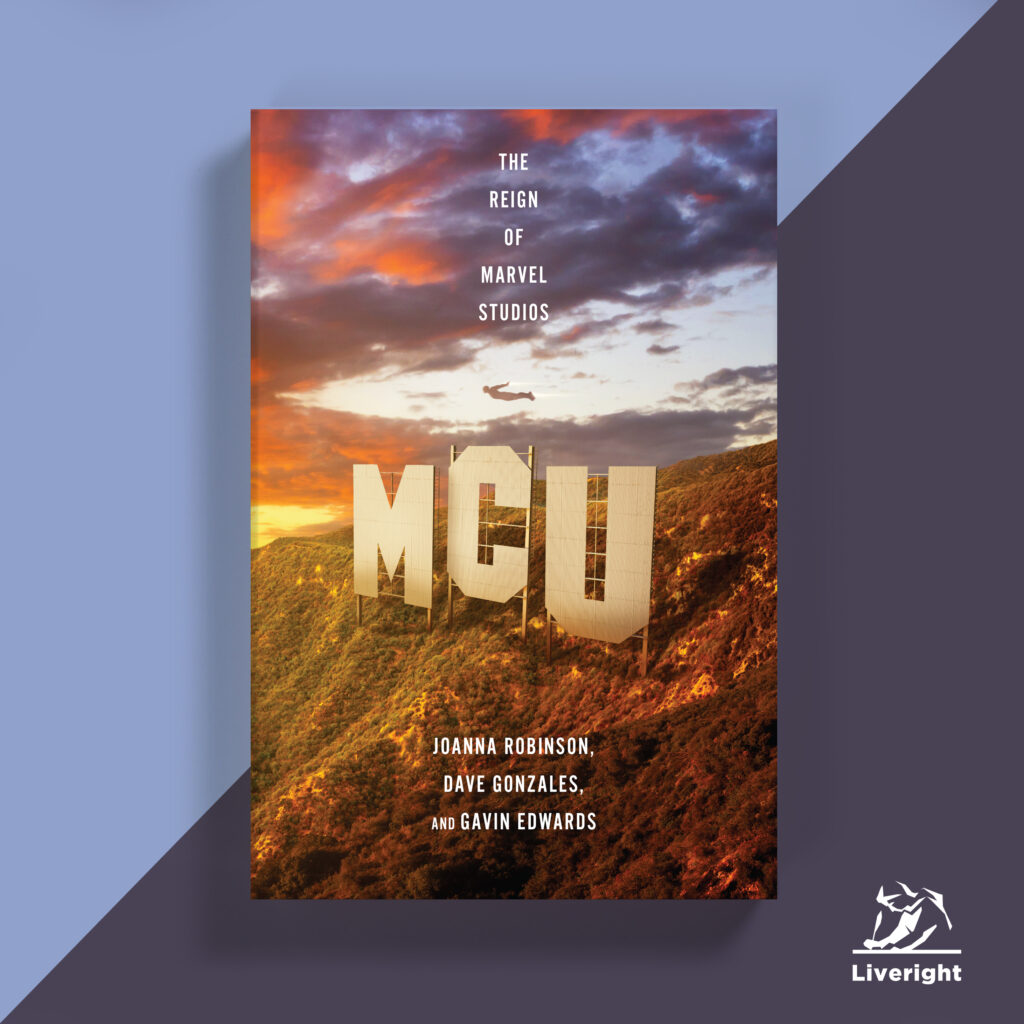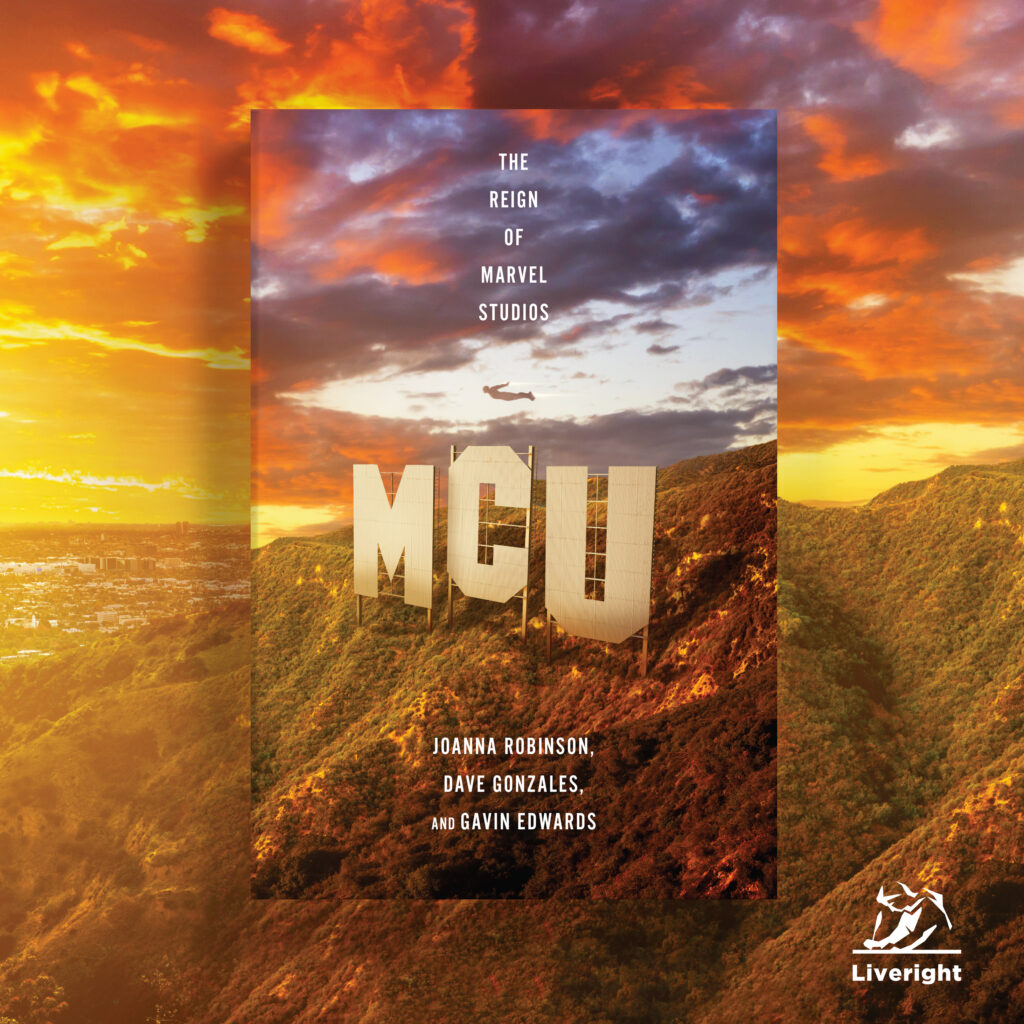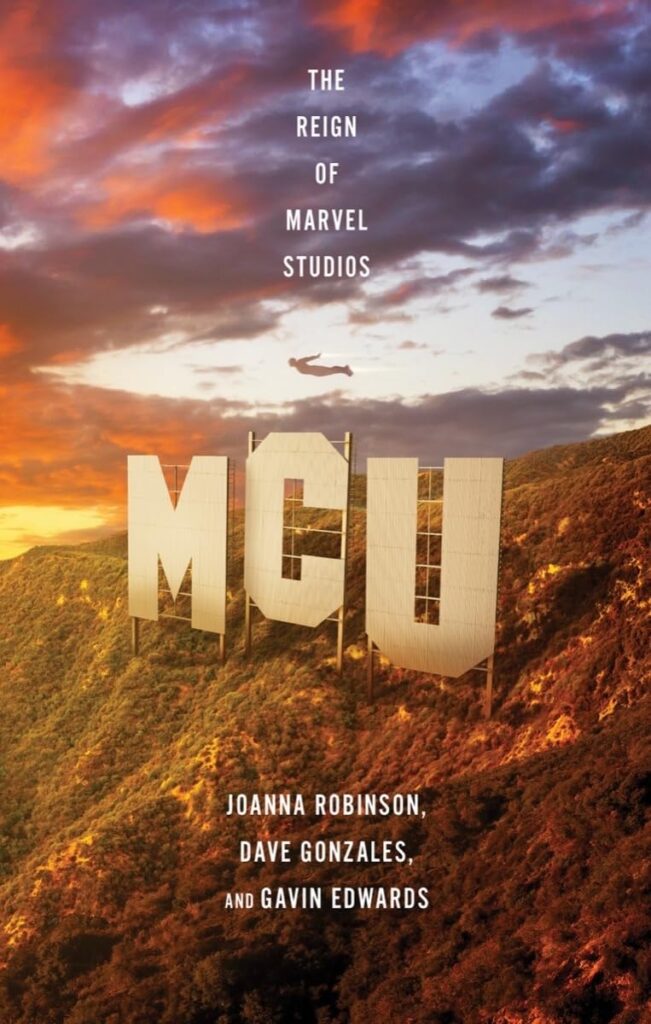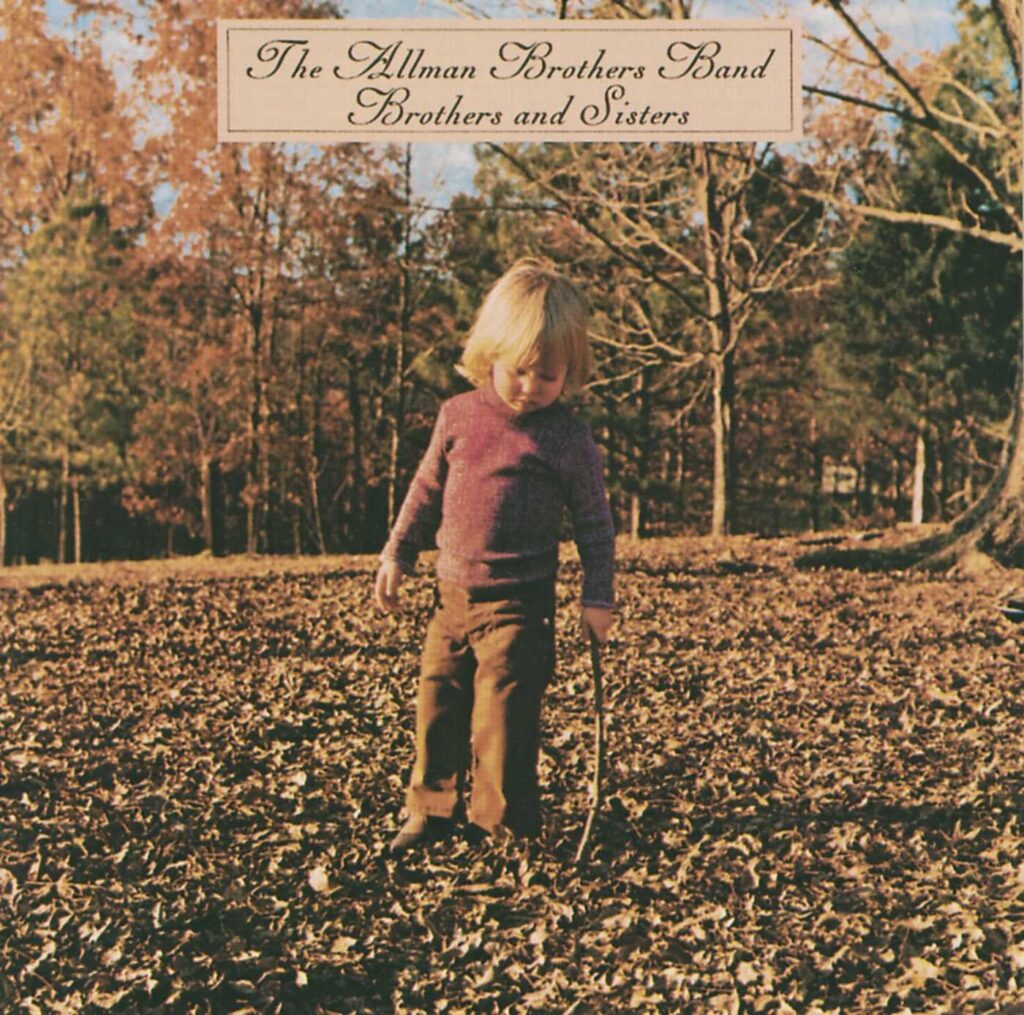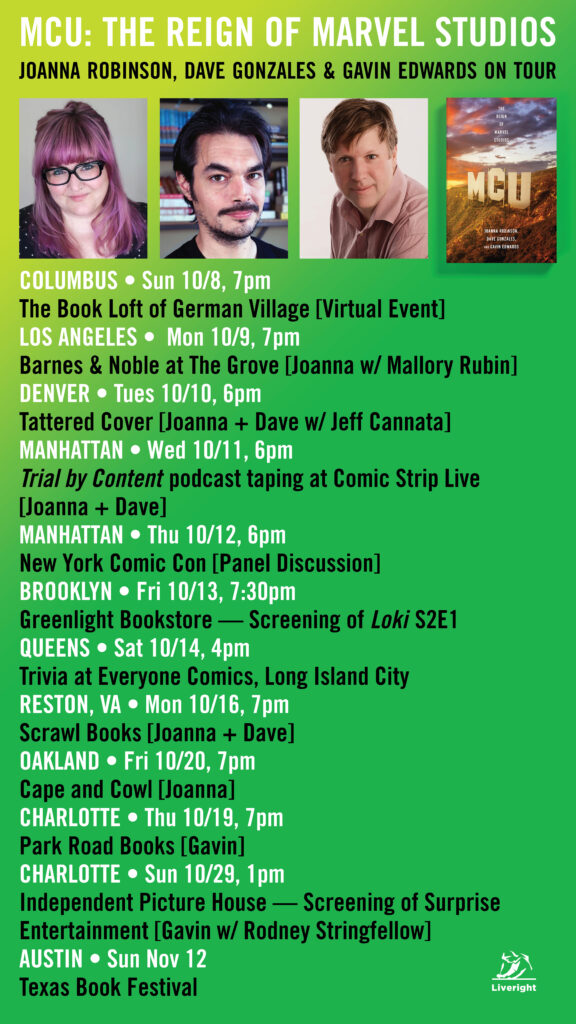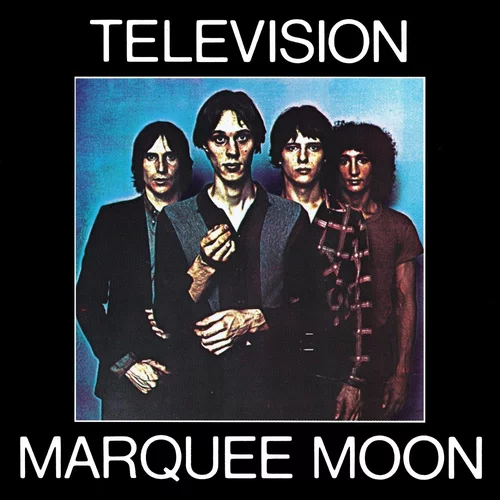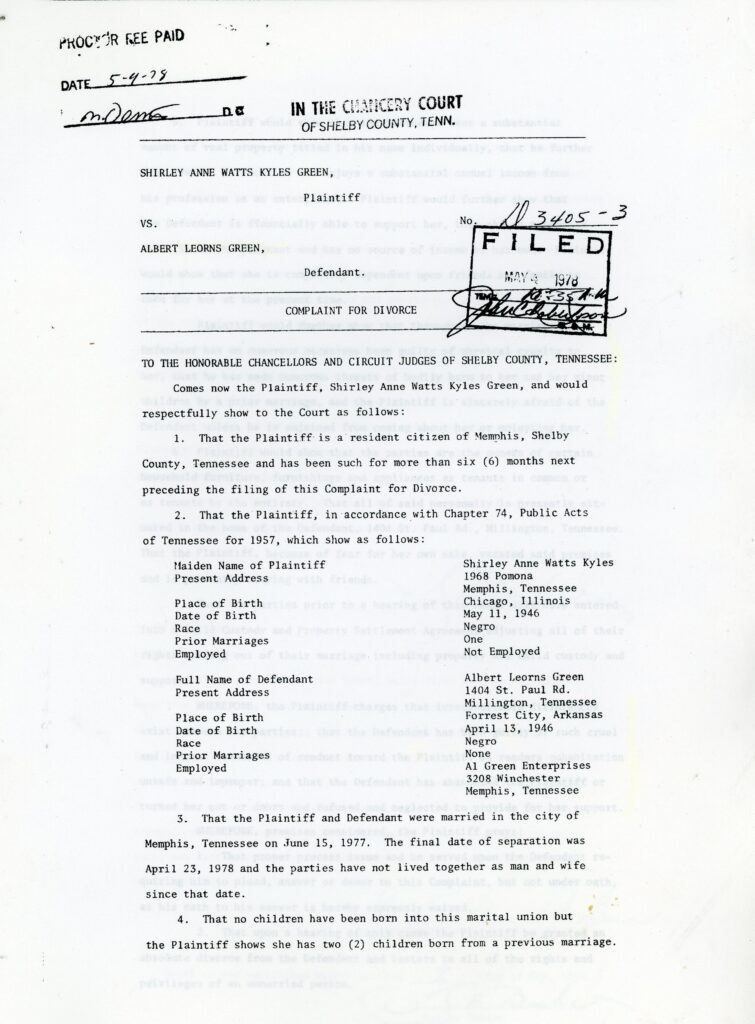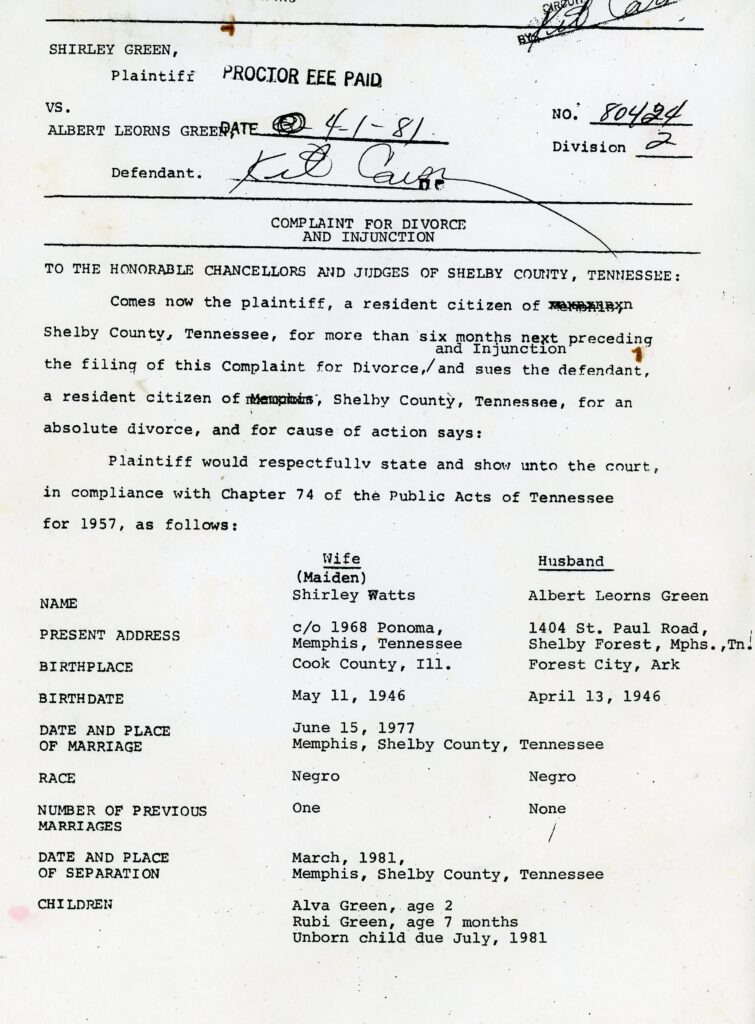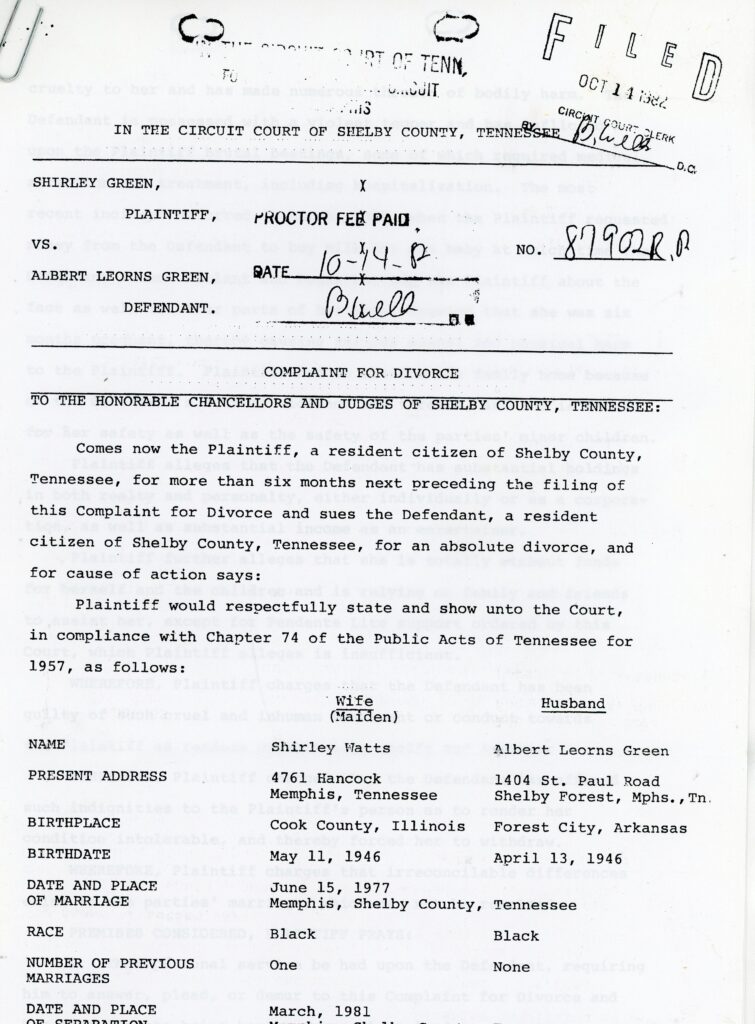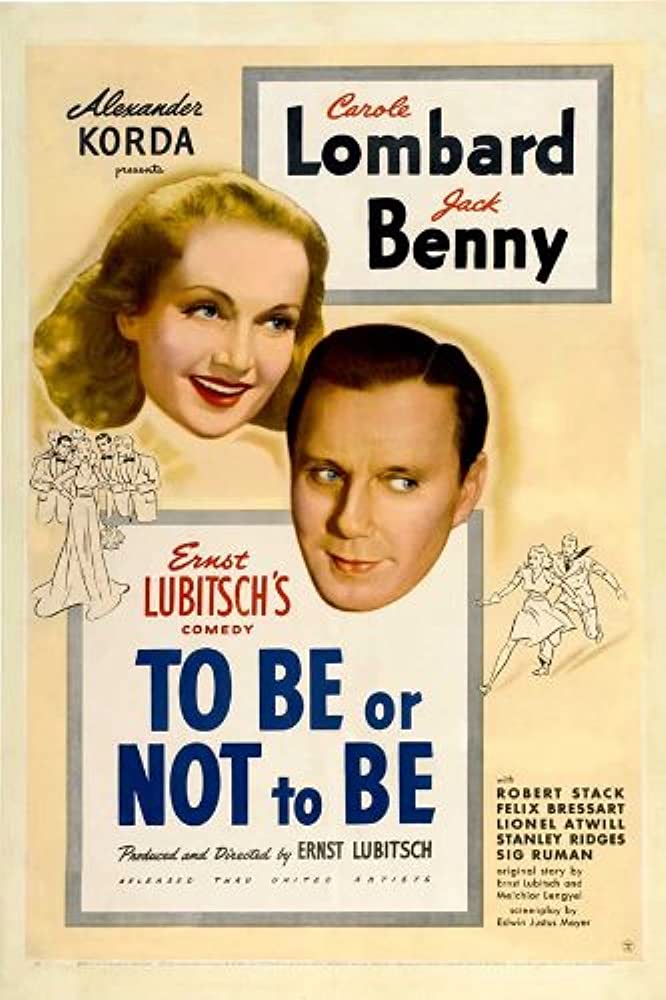New York Times Bestseller MCU

Yes! MCU: The Reign of Marvel Studios, the book by Joanna Robinson, Dave Gonzales, and yours truly, hit the New York Times hardcover nonfiction list (online last week, in print next week). After all our hard work, I couldn’t be happier that so many people are reading and enjoying it—and it was an unalloyed delight to meet so many of you during our book tour the last couple of weeks.
If you’re interested in buying a copy for yourself or a loved one, your local bookstore should have it—or if you prefer online shopping, our publishers have set up a page with many links to various retailers.
Perhaps you would prefer to read an excerpt or three before you buy your copy? We can help you.
Rolling Stone hosted a long excerpt about the origins of Marvel Studios at a Mar-a-Lago lunch.
Vanity Fair reprinted a chapter about how Marvel cast its movies and the measures taken by its stars to make their bodies superheroic.
Time excerpted the story of Marvel Studios’ first feature film, Iron Man, and the freewheeling collaboration of Jon Favreau and Robert Downey Jr.
And TVLine offered a taste of the book with a reprint of the section on the ill-fated Inhumans series.
(You may have paywall issues with Rolling Stone and Vanity Fair; my apologies if that’s the case.)
posted 30 October 2023 in News. no comments yet

